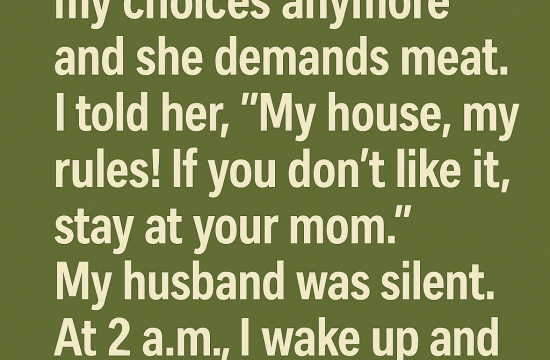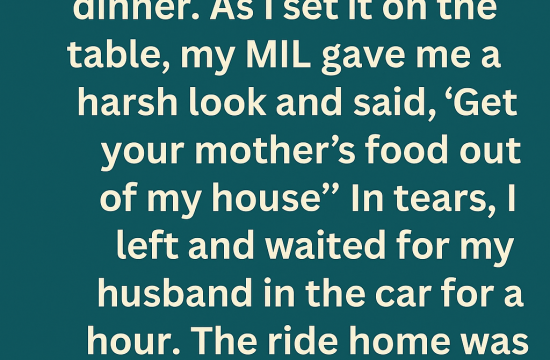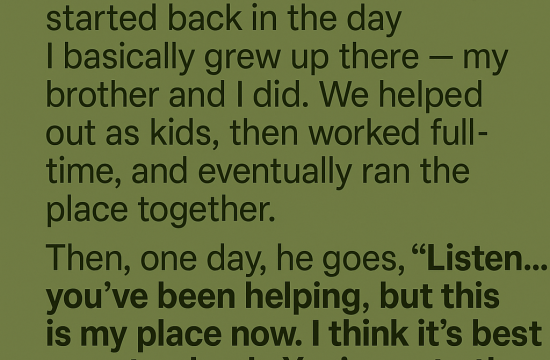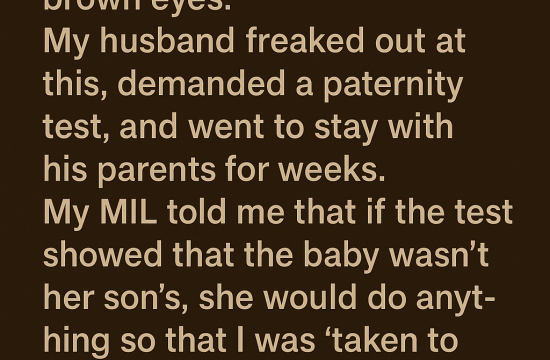Family conflict is a common challenge, particularly when differing expectations collide.
Tensions often arise around caregiving, money, and emotional responsibility—topics where love and obligation can blur painfully. One reader, Martha, shared her deeply personal story after a retirement conversation with her daughter shattered her long-held beliefs about family.
Here’s Martha’s letter:
Hi,
I’m Martha (56F), and I have one daughter, Emily (26F). I raised her entirely on my own after her father passed away when she was just six. I worked two—sometimes three—jobs to make sure she had everything: a stable home, great schools, dance lessons, tutors, summer camps. I paid for her college. Even helped her with rent for her first apartment so she could “start life debt-free,” as she used to say.
I’ve always believed that family is about mutual care—especially as we grow older. I never asked for much in return, just the unspoken understanding that we’d be there for each other.
Last week, I mentioned my retirement plans in passing. I said, half-joking, “When I’m old and wrinkly, I hope you’ll let me move in with you.” I laughed—but she didn’t. She looked me straight in the eye and said, “Mom, I love you, but I’m not going to be your caregiver. I plan to live my own life. It’s unfair for parents to expect that from their kids.”
Her words hit like a slap.
I tried to clarify, told her I never meant she’d have to change my diapers—I just hoped for some support. Even emotional. She doubled down: “No, Mom. The cycle of parental sacrifice doesn’t have to continue forever. I didn’t ask for it.” Then she chuckled and added, “But hey, I’d totally visit you at the nursing home!”
I couldn’t sleep that night.
I kept replaying every moment of the past two decades. All the birthdays I made magical. The school projects we stayed up all night doing together. The boyfriends I comforted her through. The money I saved by skipping vacations and clothes so I could pay for her grad school. Even now, I had been planning to help with the down payment for her first condo next year.
So the next day, I called her.
I calmly said that, since she’s made her boundaries clear, I will also adjust mine. I told her I wouldn’t be helping with the condo anymore. I explained it wasn’t punishment—but alignment. If our relationship isn’t mutual in support, then I need to be thoughtful about where I invest the last of my working years.
She exploded. Said I was manipulating her. That I was “punishing her for having healthy boundaries.”
Now my sister says I’ve “weaponized” financial help. That I’m being petty. But I don’t see it that way.
I’m not cutting Emily off. I’ll always love her. But support goes both ways. I’ve spent my life giving. And if what I get back is a monthly visit at a care home, then I need to protect what little I have left—for my own dignity.
Am I wrong for that?
—Martha











